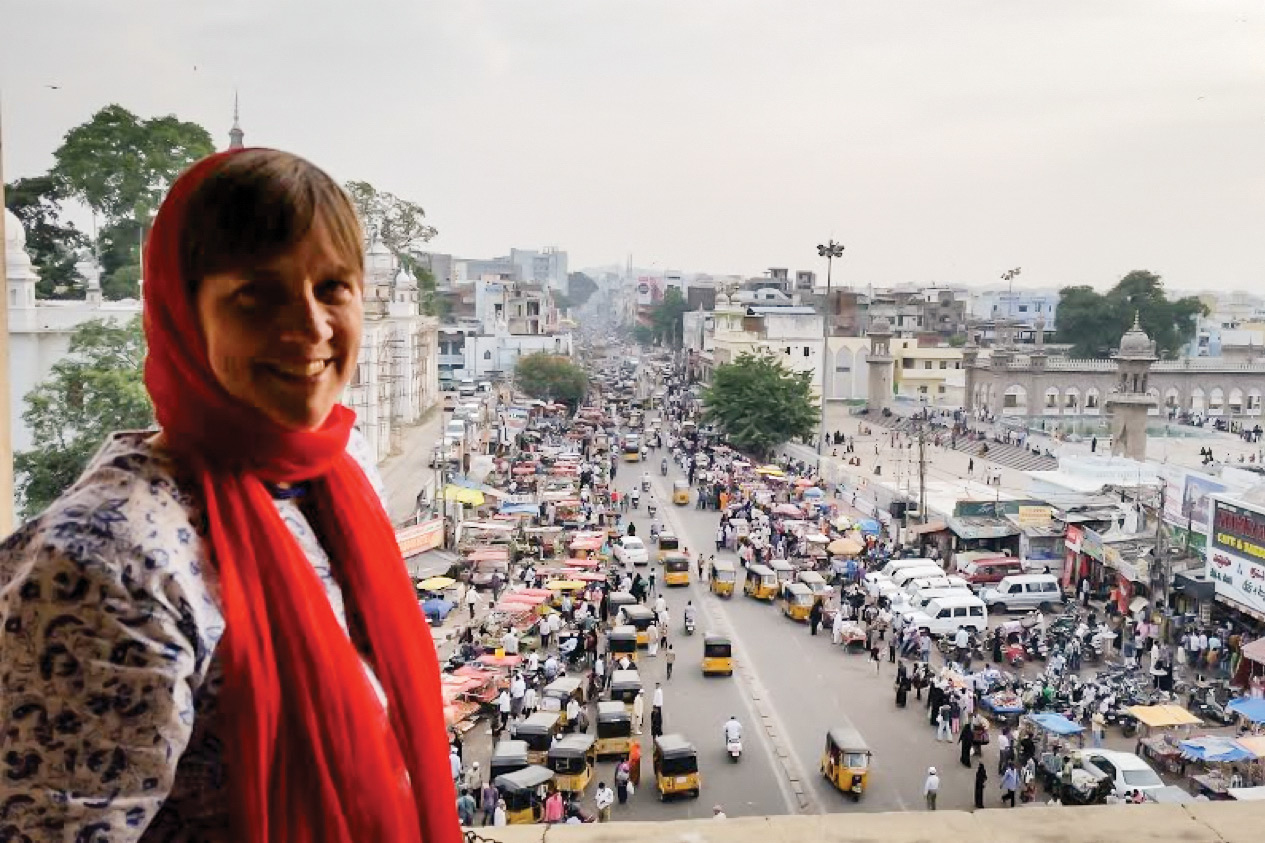
What to do about a world system that rewards greed and views altruism as a personal hobby or (worse) as a weakness? A system in which those wielding power generally “win” by:
- monopolizing resources,
- determining our lifeways
(not a word in the dictionary, but it serves), - and overtly or covertly squashing anyone
in the way of this approach.
These questions played on my mind while studying for my CJP master’s degree, 2001-04. I voiced them in the 2004 book Critical Issues in Restorative Justice, in which I titled my chapter “Does Restorative Justice Challenge Systemic Injustices?” I discussed how restorative justice fails to turn off the spigot that floods the prison system with the perpetrators of one-on-one crimes. I pointed out that large-scale crimes are often not even defined as such:
I am referring to the relatively faceless crimes of ruining people’s pension plans in the name of greed for a few, of forcing the public to pay unnecessarily high prices (as in the case of Microsoft’s monopoly on the Windows operating system), and of finding other ways to work the system to accumulate far more wealth than anyone can possibly need while others are suffering from want.
The book editors, Howard Zehr and Barb Toews, weren’t entirely happy with my chapter. Howard asked me for my answer to the dilemma I pointed out, and I told him I had none. I ended up writing mushily:
At least some of us need to move beyond restorative justice concepts into educating ourselves in the workings of the corporate economy. Our aim… should be to develop a more just social order while preserving the good parts – especially the dynamism – of today’s economic system… Moving with cautious urgency – that is, with urgent consciousness that suffering and permanent damage are occurring now, but with cautious knowledge that ill-considered change may be worse than no change at all – we need to launch a worldwide discussion on what is the best possible socioeconomic system and how to get to it.
This year, 11 years after writing that chapter and 10 years after I produced the inaugural issue of Peacebuilder, I am ending my role as editor-in-chief at EMU to pursue a better answer than the one I offered above.
Of course, I’m not alone in hungering for a more just social order. Many of those interviewed for this issue of Peacebuilder alluded to their desire to address the “systemic” or “structural” roots of violent conflict. They expressed hope that their incremental grassroots efforts, one-on-one relationship-building, and policy consultations with world bodies would eventually yield the structural shifts they’d like to see.
Like me, many of my fellow graduates of CJP fret over the consequences of our current global system, as it foments a massive trade in war weapons, the crushing of indigenous cultures, tidal waves of economic and political refugees, environmental catastrophes, and wealth concentrated in the hands of 1% of the world’s population. But nobody has clarity on a better system, much less how to bring it into being.
I don’t see myself as an original thinker, but rather as someone who is willing to spend years pulling strands of thought from here, others from there and yonder, and (inshallah) to one day weave an attractively fresh paradigm. One thing is for sure: it’ll be entirely different from the one that Ayn Rand popularized with her books – namely, “the virtue of selfishness,” the glorification of winner-take-all scenarios, and the inherent morality of unregulated capitalism.
I’d like to stay in touch with as many from the CJP community as possible and, in the years ahead, to get your feedback for my lines of thought as they slowly evolve. To locate me, try LinkedIn, Facebook, or email bonnie.lofton@gmail.com. (As for leaving my current role, there’s a splendid editor, Lauren Jefferson, taking my place!)
— Bonnie Price Lofton